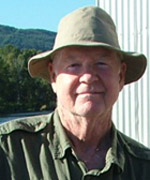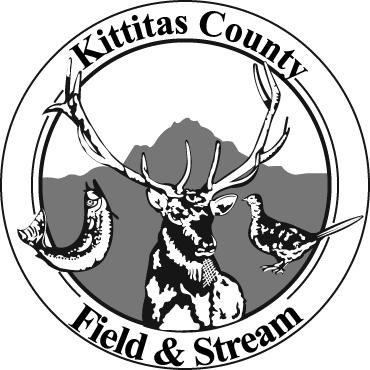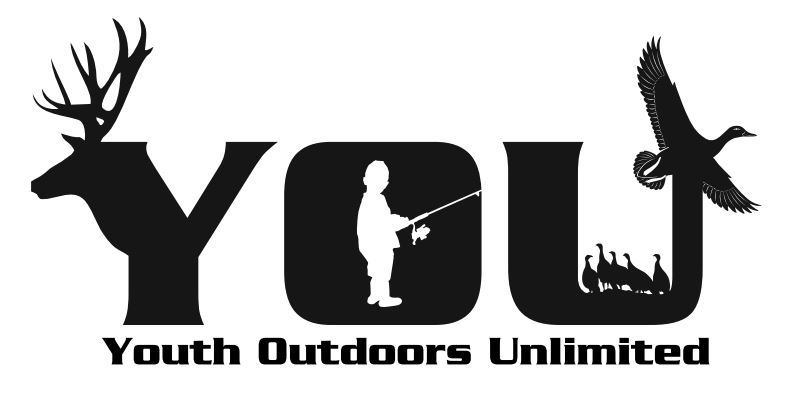Up a Potholes Swamp without a Battery
Homey Chris Smart heard from Roger Reynolds, and asked if I remembered him.
Duh… I knew Roger from our shared time in Central’s Communication Department a decade and a half ago. Roger was a great prof—and a good coach—as I developed Com classes, but we mostly hit it off over our shared interest in the outdoors. He guided duck hunters in his off times, and was a champion duck caller.
Chris got me thinking about this time of year a decade and a half ago.
As I recall, in celebration of the long-awaited arrival of spring of 1997, several members of the Reecer Creek Rod, Gun, Working Dog & Outdoor Think Tank Benevolent Association went afield. As Vantage Rep of our humble think tank, Roger offered to show us the Winchester Wasteway and a vast number of waterfowl passing through. John Hultquist, Bob and Cynthia Kuhlken and a couple others came to play.
Huge flocks of birds were in the Basin, on their trip north to the task of making more birds. Roger figured this might be our last chance to see so many birds, and it was good to be out of the Upper County snow, even on a chilly and windy day.
There were birds everywhere. We tried to be as unobtrusive as possible as we walked along the Wasteway, or sat with our binoculars. At various times, we were behind, alongside, under and in front of thousands of birds. Within a couple hours we enjoyed close encounters with tundra (whistler) swans and Canada geese, mallards, green-winged teal, redheads, pintails, goldeneyes, buffleheads, gadwalls and ring-necked ducks. There were common mergansers and a couple grebes. Roger estimated we saw some 25,000 birds along one stretch of the northern Winchester Wasteway, even though many had already headed north.
That refreshing day left us in the mood for more Basin country adventures, and Roger and I soon created one of the great adventures of my life in Paradise.
Much of Roger’s waterfowl hunting took place out in the Basin—in those Potholes lakes and ponds and the meandering waterways among them. “We should see what it looks like in spring,” he said, “and maybe we can catch a few of the bass that hang in there, or see deer or country we haven’t been in yet, maybe.”
And so it was. We met on a still-dark Saturday morning at his place, loaded a canoe and headed east on I-90. Somewhere out toward George, we turned south on a gravel road to increasingly isolated wetlands and potholes. When we were sufficiently lost, Roger found a parking spot and we carried the canoe to the water.
Over the next many hours, we paddled, explored, portaged, laughed, caught bass, paddled, explored and laughed. We saw country that few had wandered and had a day to remember. Somehow, a couple hours before dark, we ended up back where we started.
We stowed our gear, loaded the canoe back atop his Carryall, and started the rig. Not. In our haste to explore, someone forgot to turn off the rig’s headlights. Given that there was not a soul in sight and we were at least 10 miles off the interstate, this was a dilemma. Finally, we decided that there had to be someone about and set off to find them—me in one direction and Roger in another. I went uphill to the main road (i.e., the biggest gravel track in the area) to, hopefully, flag down some rig from whom we might get a jump with our cables. In an hour and a half, I saw exactly zero rigs. As I was planning our overnight bivouac, I saw a rig emerge from the scrub trees a mile or two off to the west. It approached our lonely-looking carryall and stopped. One guy was dressed like Roger; the other just looked like good luck.
When I finally reached the rig, they had it purring nicely, recharging its starved battery. The story behind our Good Samaritan was the best part of a now really great day.
Roger, in his wanderings, had heard voices off at one of the large ponds and went to say “Howdy” to the three guys fishing there. Turned out they had no clue what he was saying, and Roger’s sign language for “Help me jump my truck” was just causing laughter and curiosity. About that time, a young guy walked up from another pond, dragging half a dozen big carp, and asked if he could help.
They were from Seattle, he told Roger—Kazakhstanis collecting their traditional carp for a big wedding feast. At the time he met them, Roger figured they had 200 pounds of carp in three coolers. It still took a bit of sign language, but the younger fellow finally understood our problem, and here we were with the rig running.
What a day it was, really. We got to practice communication skills and language contortions, while learning about a culture which—like most of the world, actually—valued a fish we considered trash.
Ah, spring…
[Copyright James L. Huckabay, 2013]







